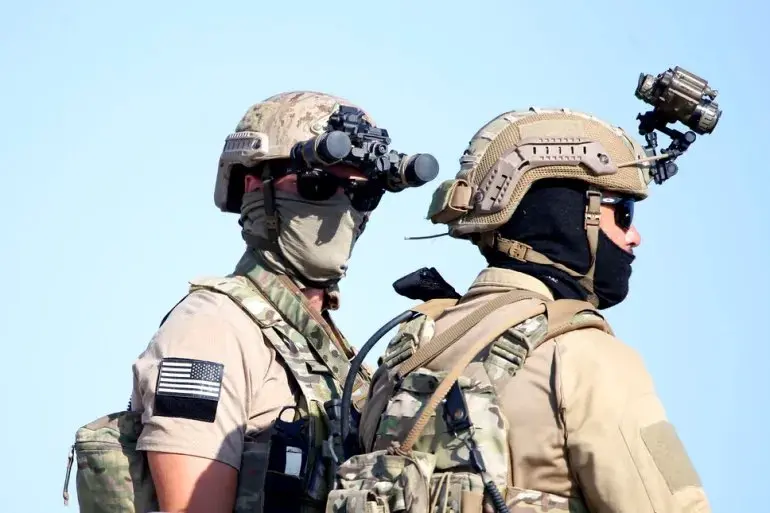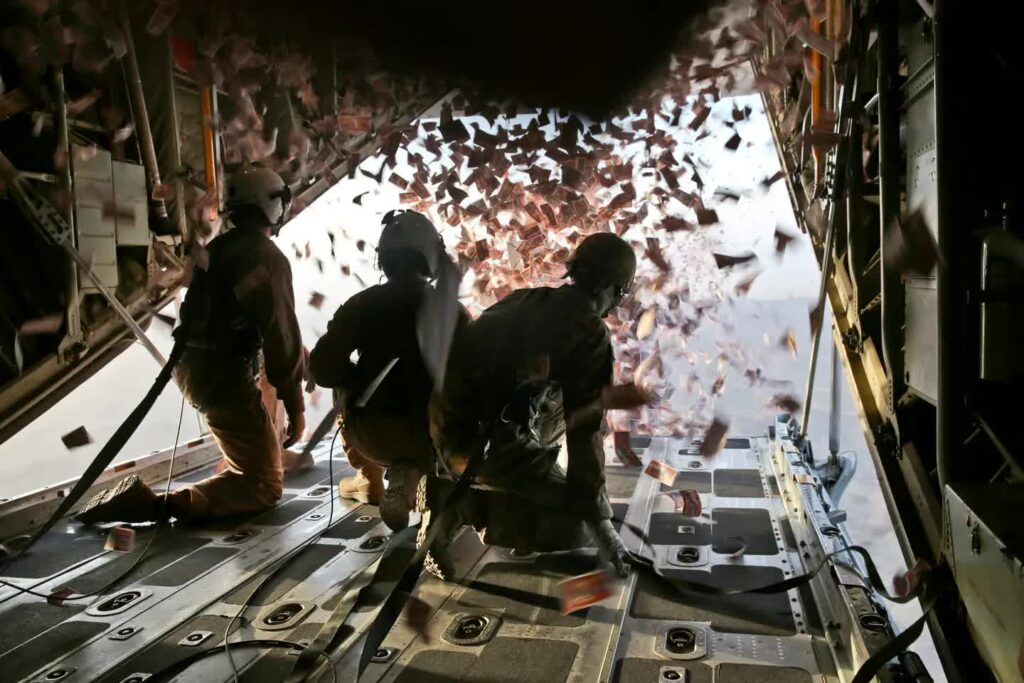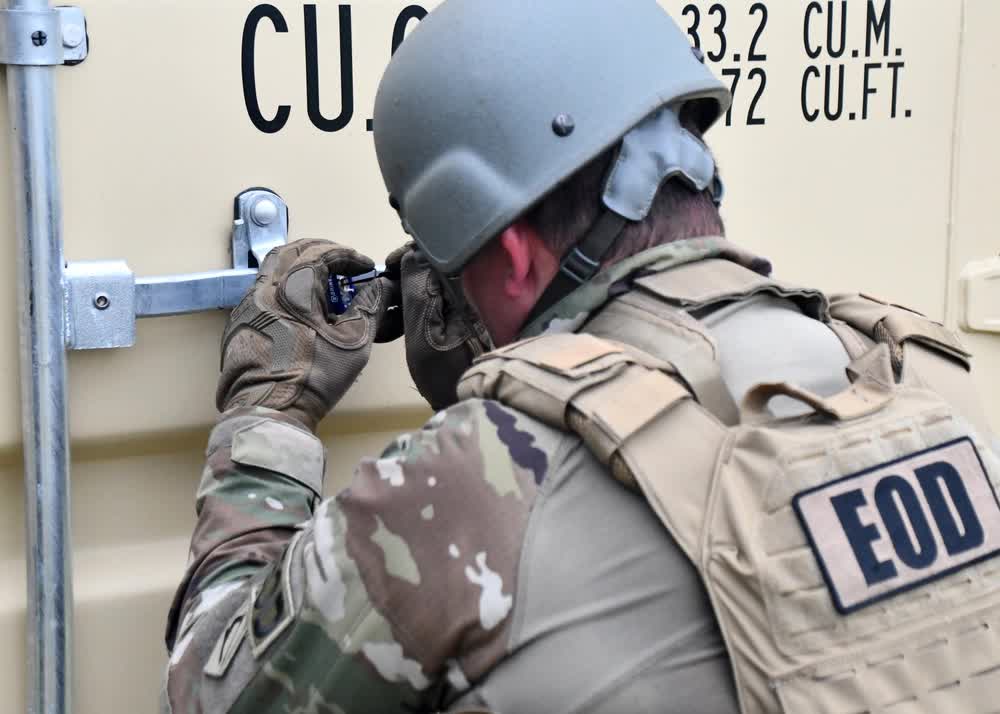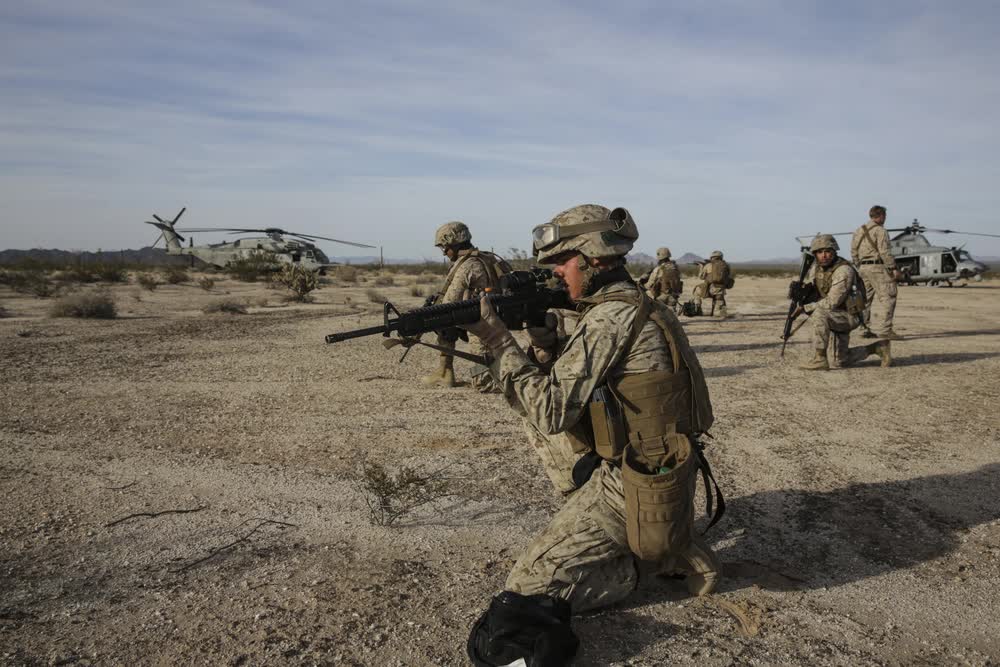The world’s eyes are fixed on the war between Israel and Hamas following the terrorist organization’s surprise attack on Israel over the weekend.
As the dust settles down, the real impact of Hamas’ terrorist attack is becoming evident. However, there are still Israelis and foreign nationals alive and in the hands of the terrorists inside Gaza. The U.S. military has offered to help the Israelis with any rescue operations.
US commandos and hostage rescue in Israel
According to the Department of Defense, there are U.S. advisors from the Special Operations Command (SOCOM) on the ground in case their Israeli counterparts require help with planning for potential hostage rescue operations inside Gaza. The Messenger news portal reports that the special operators have augmented an existing special operations element in the U.S. embassy.
There are 50 confirmed hostages in the hands of Hamas, including potentially 20 Americans, per the latest estimates. The terrorist group claims to have more than 100 people in its hands. Although the terrorist organization threatened to kill one hostage for every Israeli airstrike, that hasn’t happened yet. To dissuade any hostage rescue attempts, Hamas terrorists very likely have spread the hostages across Gaza in safe houses or underground.
So, in the event the Israelis request help, which U.S. special operations units would be doing the advising?
Mainly the Army’s Delta Force and the Naval Special Warfare Development Group (DEVGRU), previously known as SEAL Team SIX. These two units are Joint Special Operations Command’s (JSOC) assault components and specialize in counterterrorism and hostage rescue operations.
Delta Force has had a history of advising domestic and foreign units during crises. During the Waco siege incident in Texas in 1993, which claimed the lives of 86 people, including four federal agents, Delta Force operators traveled to the Lone Star state to advise the FBI’s elite Hostage Rescue Team (HRT) on how it could storm the compound belonging to the religious cult Branch Davidians. The Delta Force commandos couldn’t participate in the operation because of the Posse Comitatus Act, which prevents the use of military forces within the United States.
Related: A Delta Force perspective on Russia’s paratrooper operations
Which units would the JSOC special operators be advising?
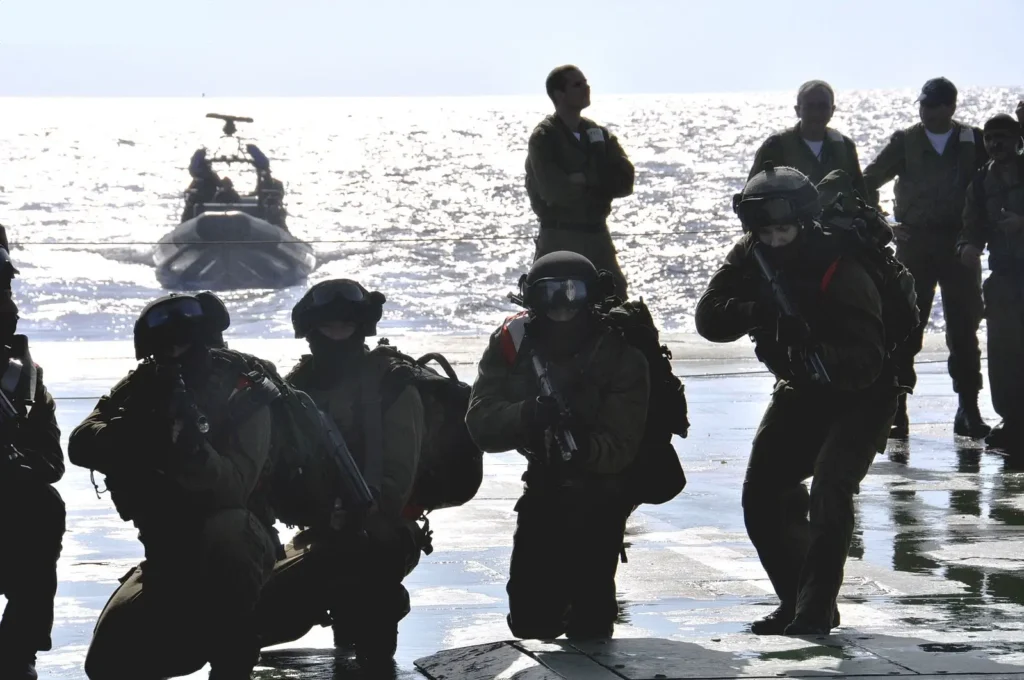
The special operators would mainly be advising the General Staff Reconnaissance Unit or Sayeret Matkal. This is the Israeli Defense Force’s tier one unit and maintains a very close relationship with Delta Force and its British counterpart, 22 Special Air Service (SAS) Regiment.
Sitting Israeli Prime Minister Benjamin Netanyahu is a veteran of the unit, as was his brother, Yonatan “Yoni” Netanyahu, who commanded the special operations unit and was killed during the famous hostage rescue Operation Entebbe in 1976.
However, the sheer number of hostages means that the elite Sayeret Matkal would need help. Another unit that would play a significant role in any hostage rescue operations is the Shayetet 13, the tier one unit of the Israeli Navy and the equivalent of SEAL Team SIX. Equally capable as its Army brethren, Shayetet 13 will likely lead any hostage rescue missions in locations close to the sea, though it’s quite capable of operating in urban environments.
Mista’arvim units from the military, border police, and police might also play a part in hostage rescue operations. These counterterrorism units are comprised of Arab-speaking Israelis who can hide very well among Tel Aviv’s Arab enemies.
The dense urban environment of Gaza will present difficulties to Israeli special operators. But competent special operations forces shouldn’t have serious problems from that.
Related: China fears the urban warfare displayed in Ukraine could save Taiwan
What’s going on?
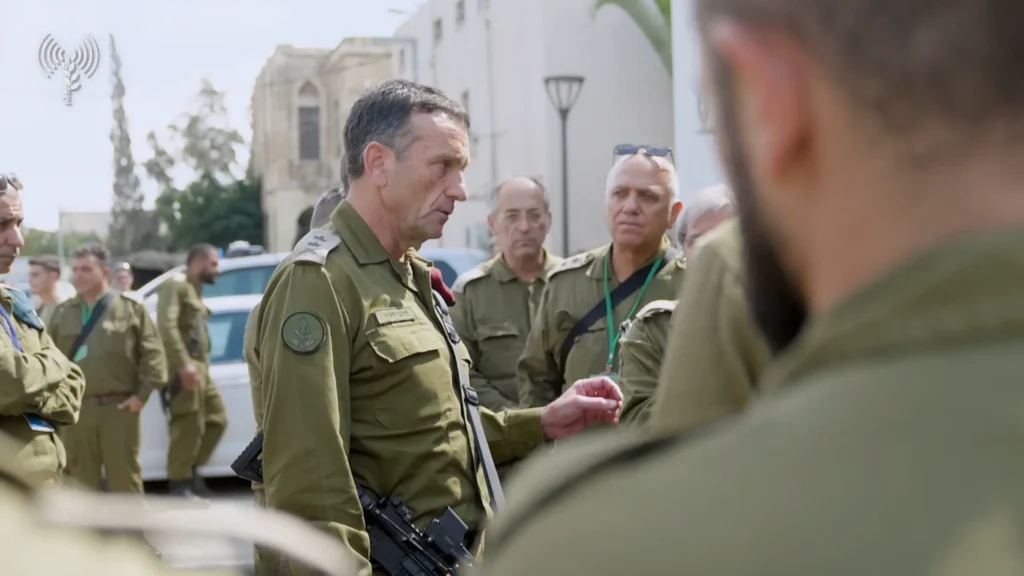
On Saturday, Hamas terrorists infiltrated Israel in several places and wrought havoc on military bases and civilian communities alike.
The Palestinians caught the Israelis by complete surprise, running amok for hours before they encountered any significant resistance by the Israeli military, which had most of its forces positioned hours away along the West Bank.
In a few short hours, Hamas terrorists released on innocent Israeli civilian generations of hate, competing with the Islamic State (ISIS) in the brutality of their war crimes.
As Israel mourns, the casualty figures continue to rise. As of Wednesday, Israeli officials state that at least 1,200 Israeli civilians, soldiers, and policemen have been killed and more than 2,700 wounded in the terrorist attacks.
Casualties are equally heavy on the other side. Israeli officials have recovered more than 1,500 bodies of Hamas terrorists in Israel, while Israeli airstrikes have killed more than 1,000 civilians and wounded over 5,000 in Gaza. Although the Israeli Defense Force (IDF) is trying to minimize civilian losses by alerting, in some cases, which buildings will be bombed, the airstrikes continue to kill civilians at an alarming rate. With more than two million people squeezed in 140 square miles (about 7.5 times the size of Rhode Island), a lot of which are urban neighborhoods, there is not much room for civilians to hide in Gaza.
According to the IDF, in five days of combat, Hamas has launched more than 4,500 rockets and munitions against Israel, while the Israeli Air Force has struck almost 2,300 targets.
The Israeli Defense Force will launch its ground offensive against Gaza anytime now. In an impressive feat of organization and logistics, Tel Aviv mobilized more than 360,000 reservists in just 72 hours. For comparison, it took the Russian military weeks to gather its 300,000 reservists for deployment to Ukraine last autumn. It is likely that any hostage rescue attempts will take place before the ground invasion to maximize their chances of success.
